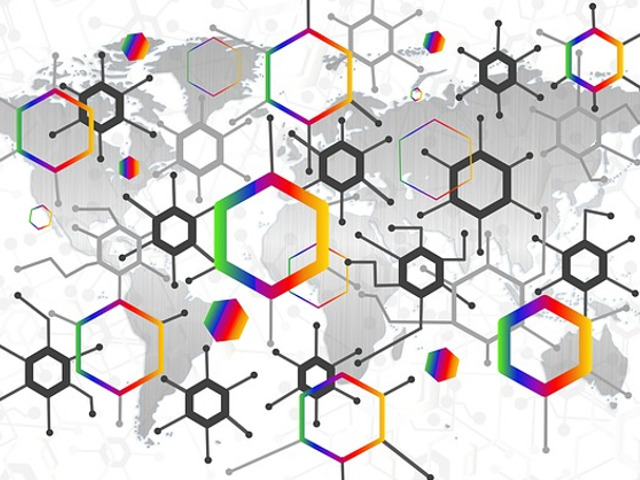
Politics and finance put together can be quite interesting, especially when it pertains to loans. Often, political decisions tend to influence the economy and the way banks work and what can be expected from the borrowers.
If a person or business intends to get Finance 48 loans, then these aspects determine their growth opportunities.
They allow the borrower to analyze the repercussions that a particular policy might have on the assets, enabling efficient decision-making.
1. Policies Regarding Interest Rate
Policies concerning the interest rate set by the central banks can play a key role in the type of loans one can qualify for. Many countries tend to dictate the policies concerning the cash rate, directly impacting Singapore’s Finance 48 loans.
The policies set by the government lead to economic boosts that greatly lower the interest rates on loans.
2. Packages for Economic Stimulus
Governments tend to issue economic stimulations during slumps in economies in order to induce business.
Primarily, such packs include recommendations and conditions to lenders, like Finance 48 grants, which put an undue burden on small businesses and the use of renewable sources.
Knowing about these schemes enables borrowers to make better decisions when deciding the type of loan to qualify for.
3. Modifications in Regulations
Nations tend to periodically change regulations on finance, which help determine issuing and managing loans. For example, policies that promote lending transparency or help with the red tape might make Finance 48 loans more attractive and easy to obtain.
On the other hand, tougher regulations might increase the availability of loans but lead to safe borrowing conditions.
ALSO READ: 8 Political Events That Create Lucrative AI-Powered Trading Opportunities
4. Taxation Policies
Often tax policies are of concern to both the lender and the borrower. For instance, businesses in specific sectors can benefit from tax cuts, and such tax cuts can help determine the Finance 48 loan structure.
Business owners that are considering tax policy while borrowing tend to enhance their financial position and earn greater investments.
5. Political Stability
The level of political stability—or instability—will determine the access to loans. Countries with constant governments create an atmosphere of trust in the economy, encouraging Finance 48 or other lenders to avail themselves of more products.
On the other hand, in times of political instability, lenders restrain lending, making it imperative for borrowers to respond quickly when conditions are favorable.
Conclusion
Analyzing the impact of political policies on the availability of lending opportunities recognizes that borrowers can use this information in deciding how best to maximize their interests.
With Finance 48, understanding political and economic dynamics allows individuals and businesses to source loans appropriate to their cash flow needs.
When you consider these five points, you can see how borrowers can take control of their financial situation in achieving their goals and navigating the complexity of finance even in the changing political setting.




 Governance has always been at the core of societal development. From ancient city-states to modern-day democracies, governance systems have evolved to reflect the needs of their citizens. Today, a similar evolution is happening in the digital world, with decentralized protocols offering a new approach to governance. These protocols, particularly in the realm of decentralized finance (DeFi), demonstrate how communities can manage themselves without relying on central authorities. One example of this is Aave, a DeFi platform where users govern through a decentralized structure.
Governance has always been at the core of societal development. From ancient city-states to modern-day democracies, governance systems have evolved to reflect the needs of their citizens. Today, a similar evolution is happening in the digital world, with decentralized protocols offering a new approach to governance. These protocols, particularly in the realm of decentralized finance (DeFi), demonstrate how communities can manage themselves without relying on central authorities. One example of this is Aave, a DeFi platform where users govern through a decentralized structure.
